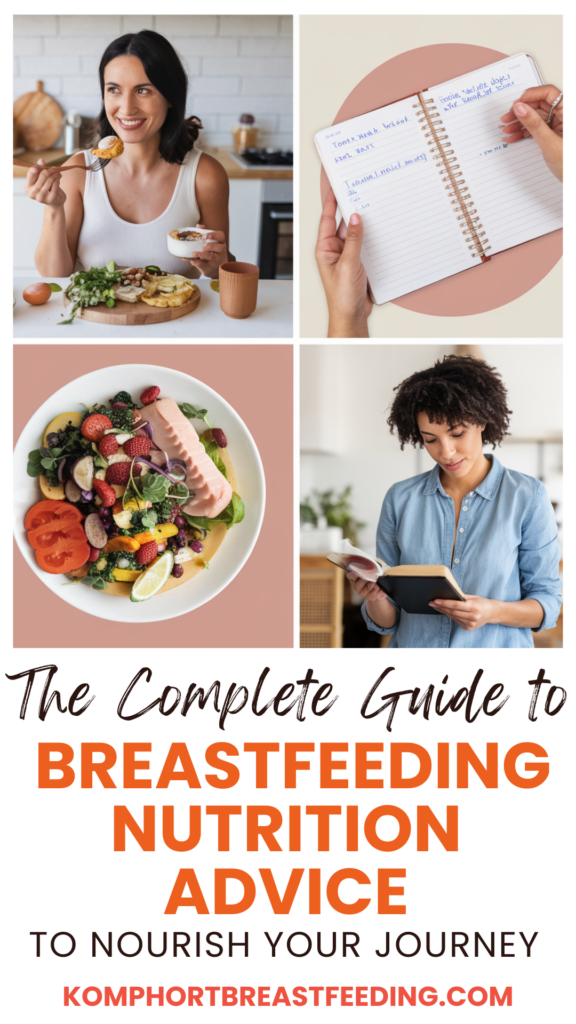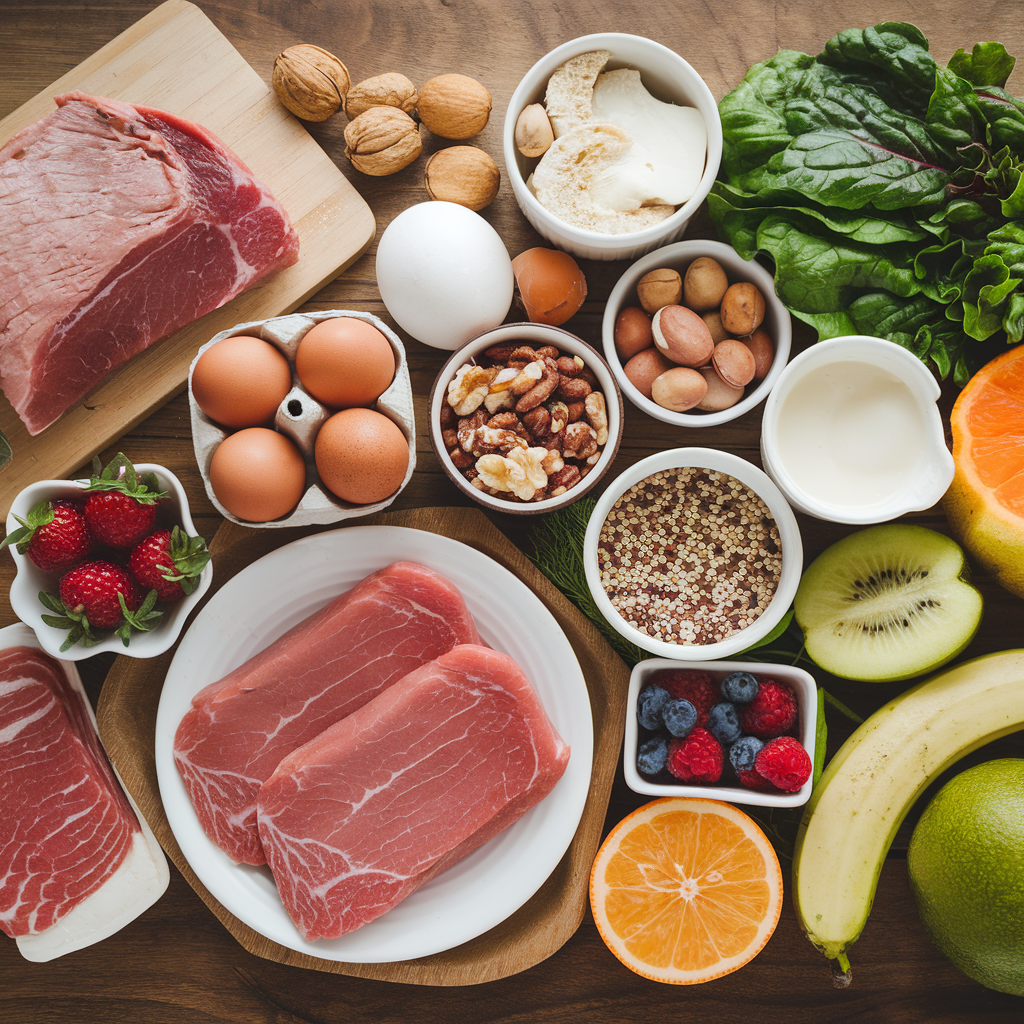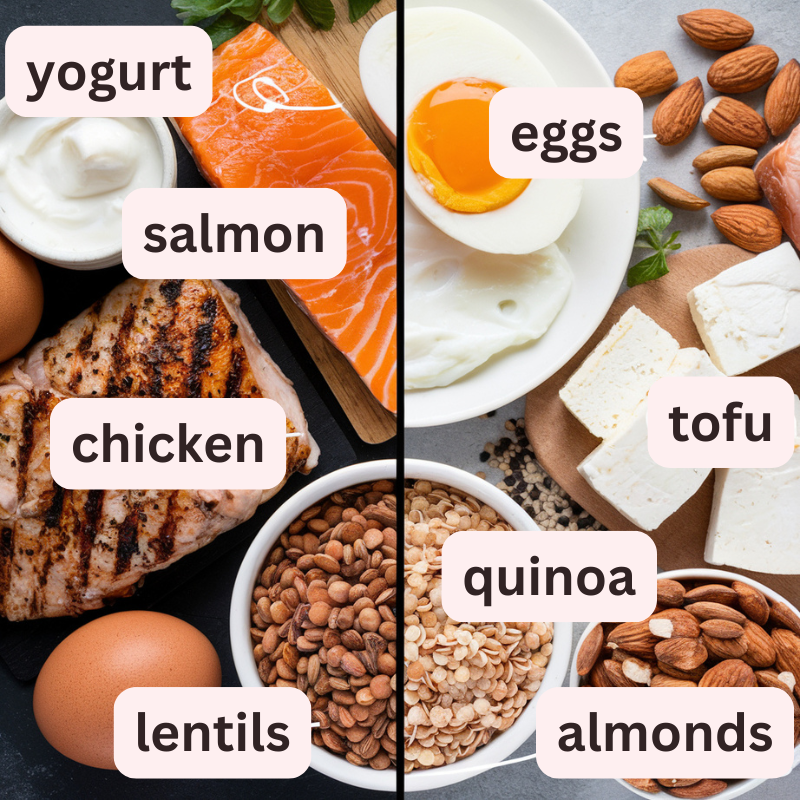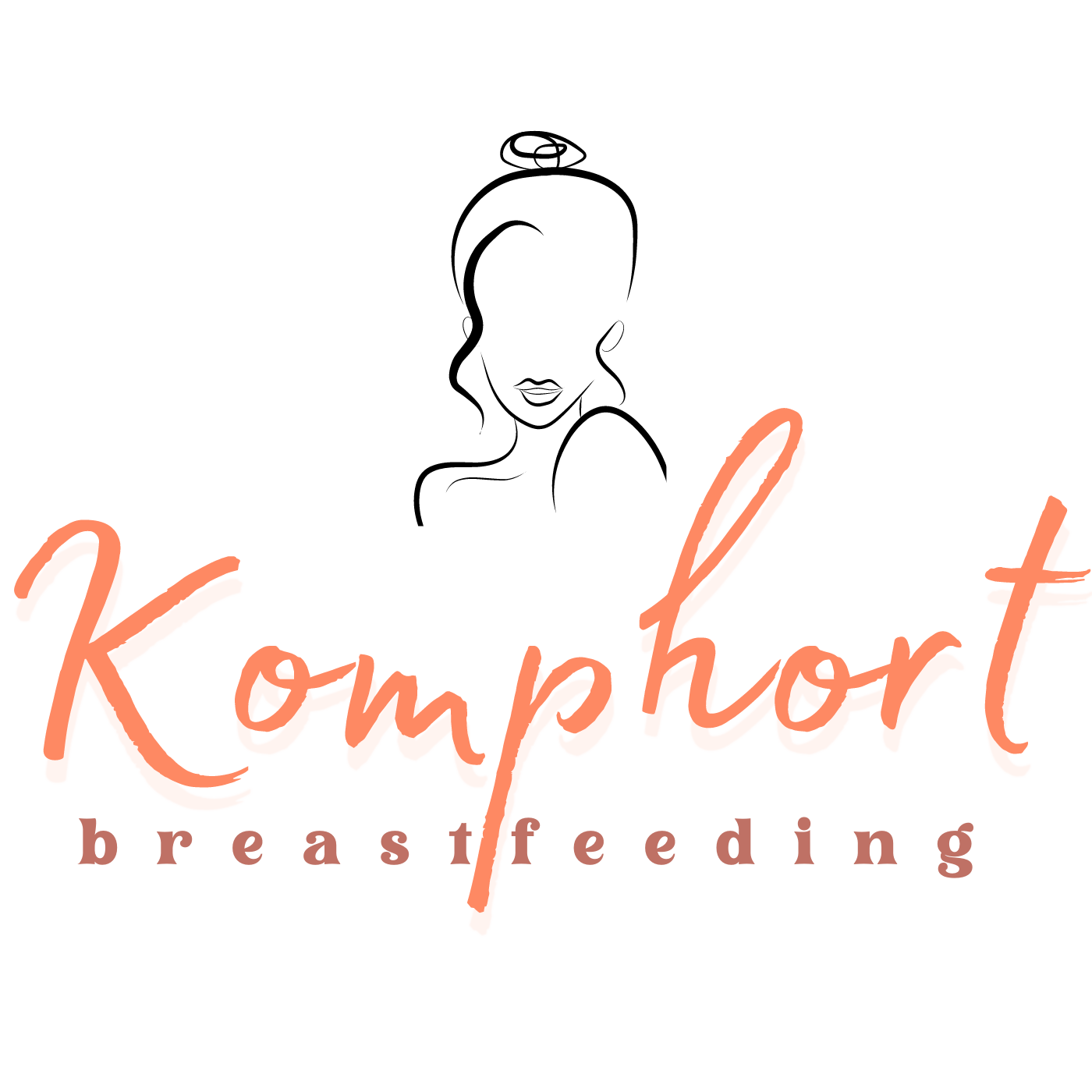Trustworthy breastfeeding nutrition advice can be hard to find. As a breastfeeding specialist with years of experience supporting new mothers, I’ve seen firsthand how proper nutrition can make a world of difference in your breastfeeding journey.

Today, I’m excited to share essential insights that will help you and your little one thrive during this special time
Understanding the Basics of Breastfeeding Nutrition Advice
Let’s start with something that surprises many new moms: you actually need more calories while breastfeeding than you did during pregnancy! Yes, you read that right. Your body is performing the incredible task of producing food for your little one, and it needs proper fuel to do so.

When it comes to breastfeeding nutrition advice, one of the most common questions I get is about calorie intake. Here’s what you need to know: most nursing mothers need an additional 330-400 calories daily. But before you reach for that cookie jar, let’s talk about making those extra calories count!
Smart Food Choices: Your Personal Breastfeeding Nutrition Advice Guide

As a breastfeeding specialist, I often tell my clients that breastfeeding nutrition doesn’t have to be complicated. Think of it as building a house – you need a strong foundation (proteins), sturdy walls (vitamins and minerals), and proper maintenance (hydration). Let me break this down into practical, easy-to-follow guidance.
Protein Power: The Foundation of Breastfeeding Success

During my years of practice, I’ve noticed that mothers who maintain adequate protein intake generally report better energy levels and faster postpartum recovery. Your protein needs while breastfeeding is higher than usual – aim for 2-3 servings daily, with each serving being about 3-4 ounces.
Here’s your protein power guide:
Animal-Based Proteins:
- Lean meats and poultry: Not just for protein – they’re iron powerhouses! Try chicken breast in a quick stir-fry or turkey in a wrap for easy one-handed meals
- Eggs: I call these “nature’s perfect protein package” – keep hard-boiled eggs ready for quick snacks
- Dairy products: Greek yogurt packs double the protein of regular yogurt, and string cheese makes an easy nursing-session snack
- Fish (with careful selection): Focus on low-mercury options like salmon, which also provides essential omega-3s
Plant-Based Proteins:
- Lentils and beans: Try making a big batch of lentil soup for the week
- Quinoa: A complete protein that’s quick to prepare
- Tofu and tempeh: Great in stir-fries or crumbled into salads
- Nuts and seeds: Perfect for one-handed snacking during feeding sessions
Read more: High-Protein Smoothie Recipe
Calcium: Building Blocks for Two
One crucial piece of breastfeeding nutrition advice I emphasize in every consultation is calcium intake. Your body needs about 1,300 mg daily – that’s like building bone banks for both you and your baby. Here’s my expanded guide to meeting your calcium needs:

Dairy Sources (Most Bioavailable):
- Milk: 1 cup = 300mg calcium
- Plain yogurt: 1 cup = 450mg calcium
- Cheese: 1.5 oz hard cheese = 300mg calcium
- Cottage cheese: 1 cup = 150mg calcium
Non-Dairy Sources:
- Fortified plant milk: Look for brands with 300-400mg per cup
- Dark leafy greens:
- Kale (1 cup cooked = 180mg)
- Collard greens (1 cup cooked = 270mg)
- Bok choy (1 cup cooked = 160mg)
- Calcium-set tofu: 1/2 cup = 200-400mg
- Fortified orange juice: 1 cup = 350mg
- Almonds: 1/4 cup = 95mg
Pro Tips for Calcium Absorption:
- Pair calcium-rich foods with vitamin D sources
- Space calcium supplements apart from iron supplements
- Include vitamin K-rich foods to help with calcium utilization
Hydration: The Often Overlooked Essential
Let me share something I’ve learned from working with hundreds of nursing mothers: proper hydration can make or break your breastfeeding experience. Your body needs extra fluids to produce breast milk – typically 16 cups (3.8 liters) daily for breastfeeding mothers.

Practical Hydration Strategy:
- Start your day with a large glass of water
- Keep water bottles stationed at:
- Your usual nursing spots
- Kitchen Counter
- Bathroom
- Bedside table
- Diaper bag
- Set hydration reminders on your phone
- Track intake using a marked water bottle
Beyond Plain Water:
- Hydrating alternatives:
- Coconut water (natural electrolytes)
- Herbal teas (chamomile, rooibos, mother milk tea)
- Fruit-infused water
- Clear broths
- Sparkling water with a splash of juice
Signs You Need More Fluids:
- Dark urine (aim for pale yellow)
- Dry mouth or lips
- Feeling thirsty (you’re already slightly dehydrated)
- Headaches
- Decreased milk output
The Truth About Foods to Avoid: Essential Breastfeeding Nutrition Advice

As your lactation specialist, I want to share some honest breastfeeding nutrition advice about foods to be cautious with:
Fish Facts
While fish is excellent for brain development, some varieties are best avoided:
- Skip: Swordfish, king mackerel, tilefish, and shark (high mercury content)
- Enjoy: Salmon, tilapia, cod, and canned light tuna (low mercury options)
Caffeine Considerations
You don’t need to give up your morning coffee completely! Here’s the balanced breastfeeding nutrition advice regarding caffeine:
- Limit intake to 200-300mg daily (about 2-3 cups of coffee)
- Watch for baby’s reaction – some are more sensitive than others
- Consider timing your caffeine intake around the baby’s sleep schedule
Read more: Foods to Avoid While Breastfeeding
Special Dietary Considerations: Customized Breastfeeding Nutrition Advice

For Vegetarian and Vegan Moms
If you follow a plant-based diet, here’s some specialized breastfeeding nutrition advice:
- Focus on complete protein combinations
- Consider B12 supplementation
- Ensure adequate iron intake through fortified foods
- Include plenty of calcium-rich alternatives
- Discuss omega-3 supplementation with your healthcare provider
For Moms with Food Sensitivities
Some babies may react to certain foods in mom’s diet. Here’s my evidence-based breastfeeding nutrition advice:
- Keep a food diary if you suspect sensitivities
- Note any changes in the baby’s behavior after nursing
- Common triggers might include dairy, soy, eggs, or wheat
- Work with your healthcare provider before eliminating food groups
Read more: Vegan Postpartum Meal Plan
Practical Tips: Making Breastfeeding Nutrition Advice Work for You

Meal Planning Made Simple
Here’s some practical breastfeeding nutrition advice for busy moms:
- Prep nutrient-dense snacks in advance
- Keep healthy options within easy reach
- Consider batch cooking when you have help
- Stock up on easy-to-eat nutritious foods
Smart Snacking Strategies
Some of my favorite nutrient-dense snack recommendations:
- Apple slices with almond butter
- Greek yogurt with berries and granola
- Hummus with whole grain crackers and cucumber
- Trail mix with nuts, dried fruit, and dark chocolate
- Hard-boiled eggs with whole-grain toast
Supplements: A Component of Complete Breastfeeding Nutrition Advice

While a balanced diet is ideal, supplements can play an important role:
- Continue your prenatal vitamin
- Ensure adequate vitamin D intake
- Discuss omega-3 supplementation with your healthcare provider
- Consider calcium supplements if you can’t meet your needs through diet
Common Concerns: Addressing Your Breastfeeding Nutrition Advice Questions

Weight Loss While Nursing
One of the most frequent topics in breastfeeding nutrition advice consultations is weight loss. Here’s what you should know:
- Expect gradual weight loss of 1-4 pounds monthly
- Don’t restrict calories severely
- Focus on nutrient-dense foods
- Listen to your body’s hunger cues
- Remember that some weight retention is normal and healthy
Alcohol and Breastfeeding
Here’s my honest breastfeeding nutrition advice regarding alcohol:
- If you choose to drink, time it wisely
- Wait 2-3 hours per drink before nursing
- Consider pumping milk in advance
- Remember that “pumping and dumping” doesn’t speed alcohol elimination
Seasonal Considerations

Summer Hydration
- Increase fluid intake in hot weather
- Watch for signs of dehydration
- Consider electrolyte-rich beverages
- Keep water bottles in multiple locations
Winter Wellness
- Focus on vitamin D intake
- Include immune-supporting foods
- Stay hydrated despite less thirst
- Consider seasonal produce options
Building Your Support System: Implementation of Breastfeeding Nutrition Advice

Remember, you don’t have to navigate this alone. Here are resources for support:
- Consult with a lactation specialist
- Join breastfeeding support groups
- Connect with other nursing mothers
- Work with a registered dietitian
- Keep your healthcare provider informed
A Helpful Guide for New Moms
If you’re looking for practical breastfeeding tips, A New Mom’s Guide to Breastfeeding is here to help! Written by a nurse and certified breastfeeding therapist, this easy-to-follow ebook covers everything from latching techniques to feeding schedules and overcoming common breastfeeding struggles.
With 40 pages of expert advice, you’ll gain confidence in your breastfeeding journey while learning how to make it a more comfortable and enjoyable experience.

📖 Grab your copy today and get the support you need to breastfeed with ease!
Conclusion: Putting Breastfeeding Nutrition Advice into Practice

Remember that good nutrition while breastfeeding isn’t about perfection – it’s about making informed choices that work for you and your baby. The breastfeeding nutrition advice shared here is meant to guide and support you, not add stress to your journey.
Every mother and baby pair is unique, so what works for one may not work for another. Trust your instincts, pay attention to your body’s signals, and don’t hesitate to seek professional guidance when needed.
Start implementing these nutrition guidelines gradually, and remember that small changes can make a big difference in your breastfeeding journey. You’re doing an amazing job providing for your little one, and with these nutrition strategies, you’ll be well-equipped to continue nurturing both yourself and your baby.
Seeking More Practical Mom Tips?








